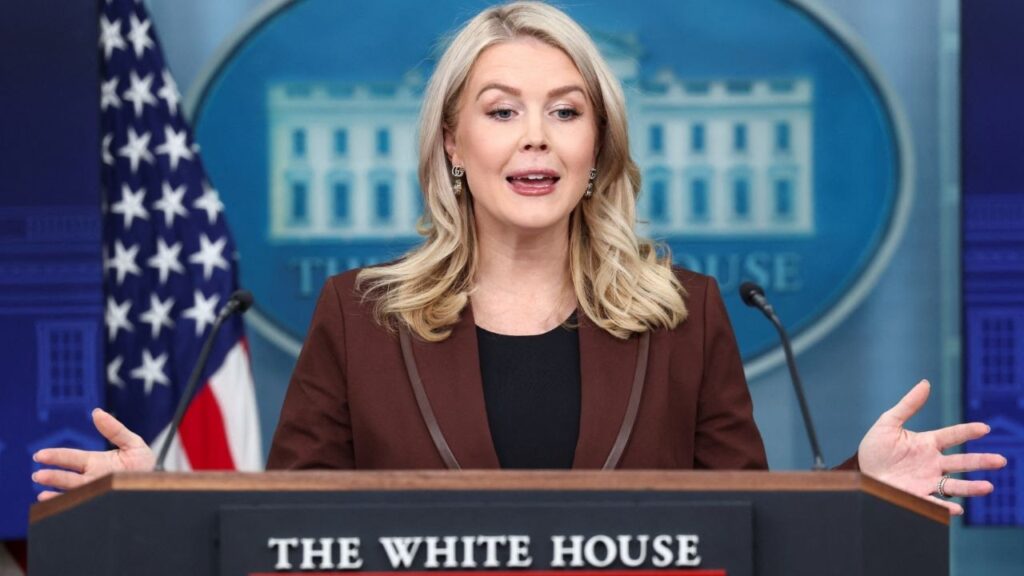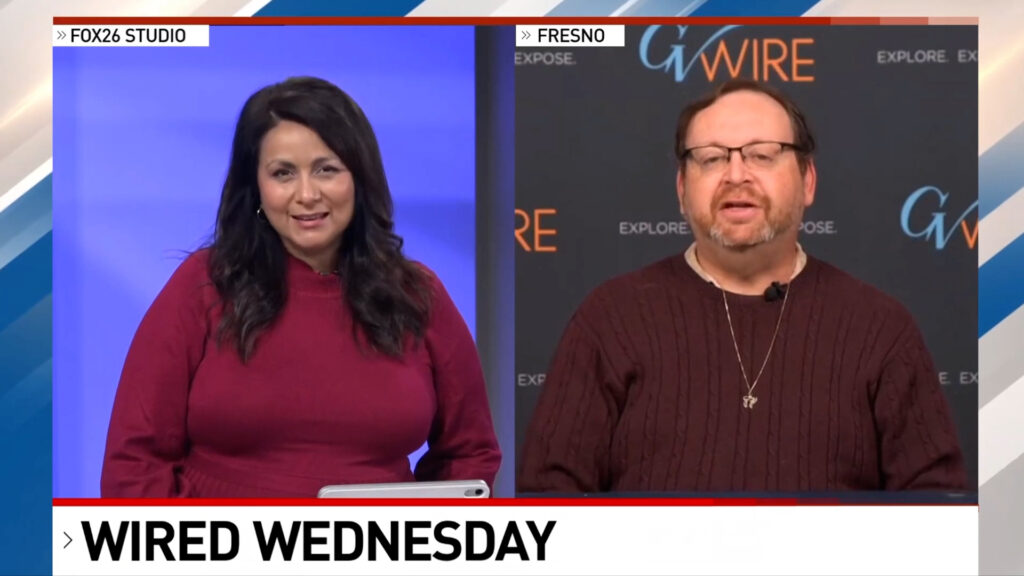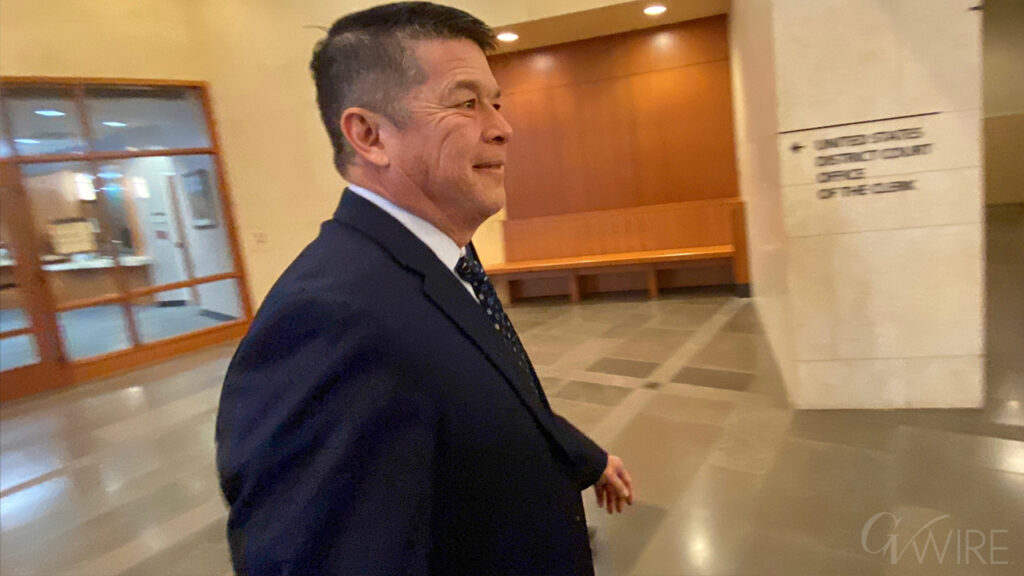Paul Ingrassia, President Donald Trump’s nominee to lead the Office of Special Counsel, at a social event on the South Lawn of the White House in Washington, June 4, 2025. At least four Republican senators have signaled that they will oppose Ingrassia’s nomination after after Politico reported that he had sent a series of racist text messages to fellow Republicans, including one where he said he had “a Nazi streak.” (Doug Mills/The New York Times/File)

- The nomination of Paul Ingrassia, President Donald Trump’s pick to lead the Office of Special Counsel, appears to be in jeopardy.
- At least four Republican senators, including the majority leader, John Thune, of South Dakota, have signaled that they will oppose his nomination.
- Politico reported that Ingrassia had sent a series of racist text messages.
Share
|
Getting your Trinity Audio player ready...
|
WASHINGTON — The nomination of Paul Ingrassia, President Donald Trump’s pick to lead the Office of Special Counsel, appeared to be in jeopardy Monday night after Politico reported that he had sent a series of racist text messages.
At least four Republican senators, including the Senate majority leader, Sen. John Thune of South Dakota, have signaled that they will oppose his nomination to the office, which is a traditionally independent corruption-fighting agency that safeguards federal whistleblowers and enforces some ethics laws.
Sen. Rick Scott, R-Fla., told reporters Monday evening that he had spoken with the administration about Ingrassia but did not share details. He told reporters, “I do not support him.”
Ingrassia Will Testify on Thursday
Ingrassia, 30, is set to testify on his nomination Thursday before the Senate Homeland Security and Governmental Affairs Committee. Four Republicans opposing him would be enough to kill his nomination if all senators were present and the entire Democratic caucus voted against him.
The New York Times was unable to independently verify the text messages, which Politico said included telling a group of fellow Republicans that he had “a Nazi streak” and that the federal holiday honoring the Rev. Martin Luther King Jr. should be “tossed into the seventh circle of hell.”
A lawyer for Ingrassia did not confirm the texts were authentic and said they might have been manipulated or were missing context, Politico said.
The report of the messages adds to a swirl of controversy around both Ingrassia, a self-described “constitutional law” expert who hosted a far-right podcast with his sister, and Trump’s role in trying to bend the Office of Special Counsel to his will. It also comes just days after a separate Politico report showed that young Republican officeholders and activists had routinely used racist and homophobic language and glibly invoked Adolf Hitler and the Holocaust in a Telegram chat.
Nominee Pushed Fake Theory About Nikki Haley
During the 2024 Republican primary, Ingrassia pushed a fake theory that Nikki Haley was ineligible to run for president, which Trump then promoted on social media. In December 2020, as Trump was contesting his election loss to Joe Biden, Ingrassia’s podcast posted on Twitter, “Time for @realDonaldTrump to declare martial law and secure his re-election.”
Ingrassia, who graduated from Cornell Law School in 2022, according to his LinkedIn profile, also represented “manosphere” influencer Andrew Tate, a self-described misogynist who is facing rape and human trafficking charges overseas.
Trump kicked off a legal battle early this year when he fired the previous head of the Office of Special Counsel, Hampton Dellinger, challenging a foundational precedent that said Congress can limit the president’s power to fire leaders of independent agencies.
A one-sentence email to Dellinger on Feb. 7 gave no reasons for terminating him, despite the statute’s language that the special counsel “may be removed by the president only for inefficiency, neglect of duty or malfeasance in office.” But Dellinger gave up his legal fight in March after an appeals court ruled against him.
The turnover at the top of the office, which is responsible for investigating appeals from federal employees who believe they have been wrongly dismissed, came as it was scrutinizing mass firings of federal workers. Trump has since installed loyalists in an acting capacity to lead the office.
This article originally appeared in The New York Times.
By Robert Jimison/Doug Mills
c.2025 The New York Times Company



















